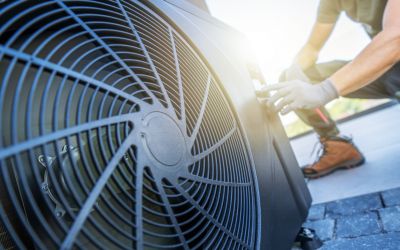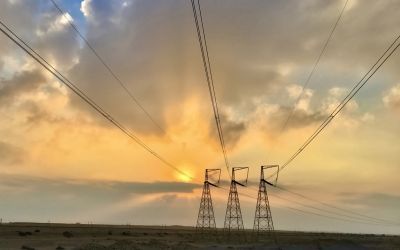Hyundai, Kia fined $100m for emissions
Major automobile companies have been charged in a bid to clean up their greenhouse gas emissions

The largest civil penalty in the Clean Air Act history of $100m was billed to the Hyundai and Kia automobile company.
In opposition to the commitments Hyundai and Kia certified to Environmental Protection Agency (EPA), the automobile companies have committed a sale of almost 1.2 million vehicles that will emit approximately 4.75 million metric tonnes of GHG.
Along with the extortionate penalty, the automakers commit to spending a further $50m (£31m) on measures to prevent further violation.
According to EPA Administrator, Gina McCarthy "Greenhouse gas emission laws protect the public from the dangers of climate change, and today's action reinforces EPA's commitment to see those laws through," she adds "Businesses that play by the rules shouldn't have to compete with those breaking the law. This settlement upholds the integrity of the nation's fuel economy and greenhouse gas programs and supports all Americans who want to save fuel costs and reduce their environmental impact."
Automakers are credited with GHG emission credits when constructing vehicles with a lower than compulsory rate of emissions required by law. The credits can be used to account for less fuel-efficient vehicle models or sold or traded to other automakers for the same purpose.
As a result of Kia and Hyundai’s lack of commitment to decrease GHG, the companies will lose their 4.75 million GHG emission credits, which is equivalent to a sum of over $200m (£125m).
The joint complaint filed by the US and California Air Resources Board in the US District court for the District of Columbia affects models that were constructed in 2012 and 2013, such as Hyundai Accent, Elantra, Veloster, and Sahta Fe vehicles as well as the Kia Rio and Soul vehicles.
The design specification for these models did not conform to the requirements that were certified by EPA, which led to a false statement of GHG emissions by the automakers.
To reduce the likelihood of similar miscalculations in the future, the companies have decided to reorder their emissions certification group, enhance employee training, revise test protocols and improve management of test data before conducting emissions tests on their 2017 models.
President and Chief Executive of Hyundai Motor America, David Zuchowski says, "Hyundai has acted transparently, reimbursed affected customers and fully cooperated with the EPA throughout the course of its investigation. Hyundai is committed to partnering with the government to innovate fuel economy testing procedures in order to achieve more accurate and reliable ‘real-world' results for consumers."
In addition to regulating car and truck emissions, the EPA said it would propose an endangerment finding that would allow it to control aircraft GHG emissions under the Clean Air Act, in the circumstance that aircraft GHG’s contribute to air pollution and endanger public health.





